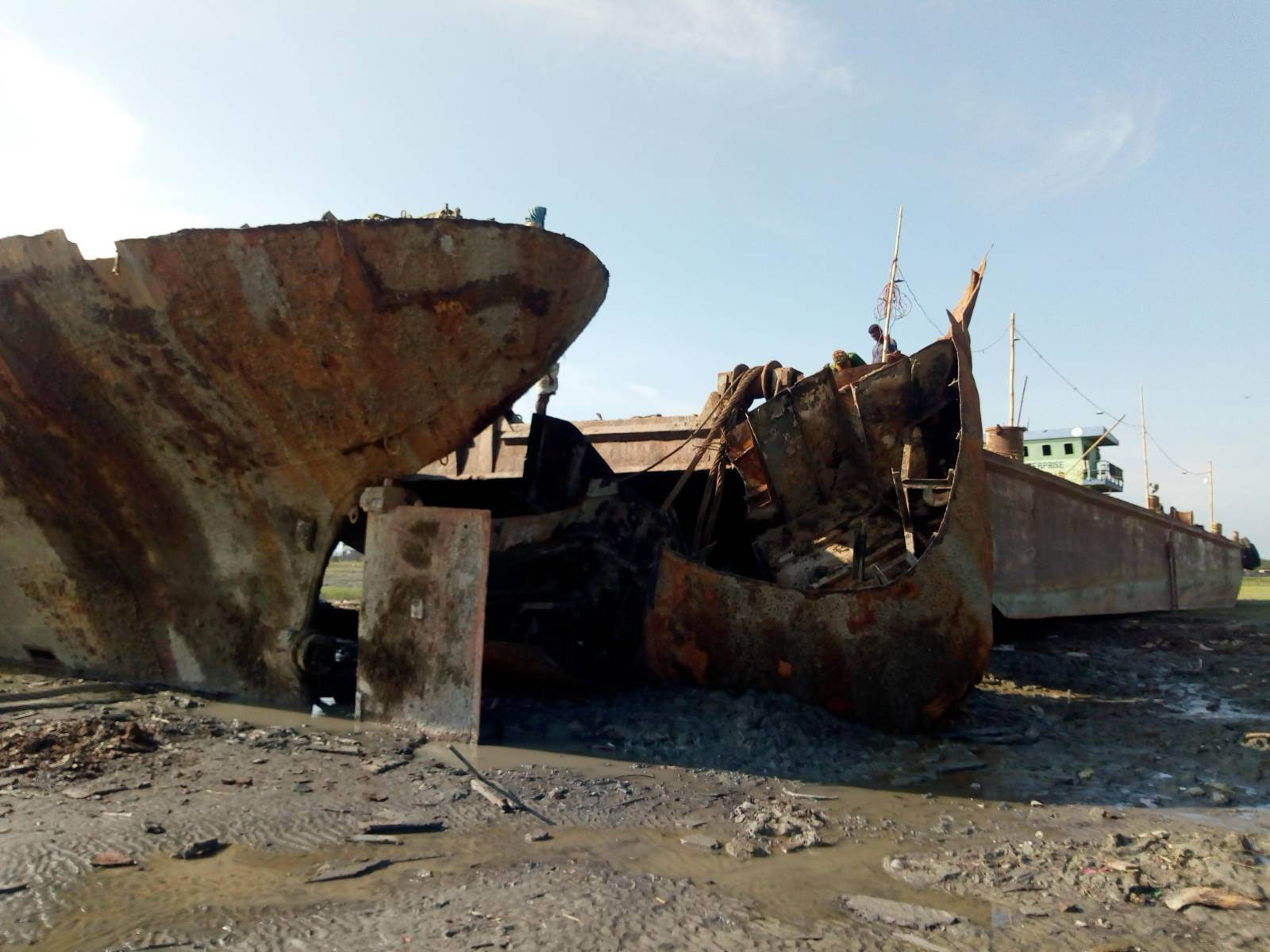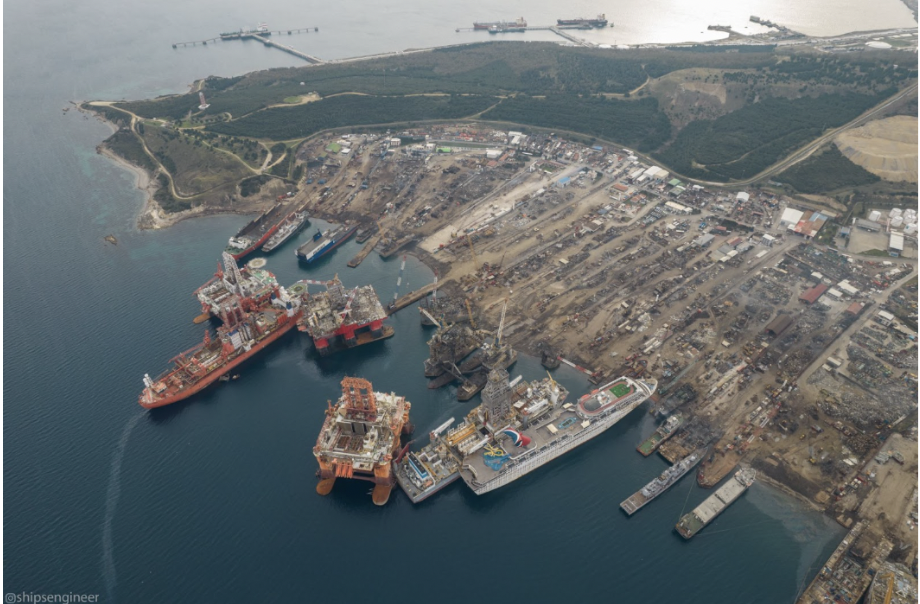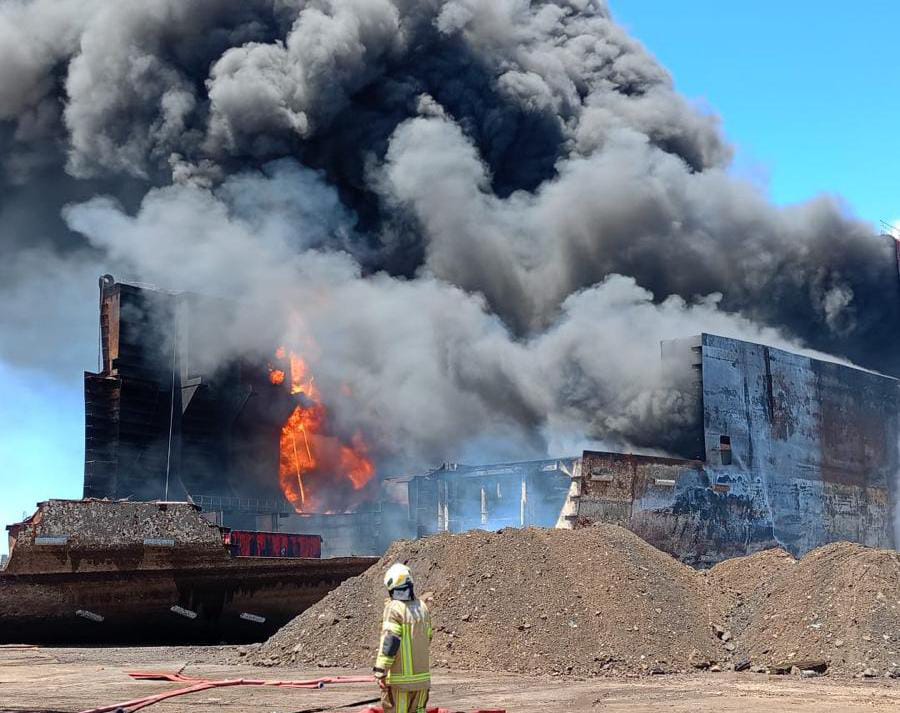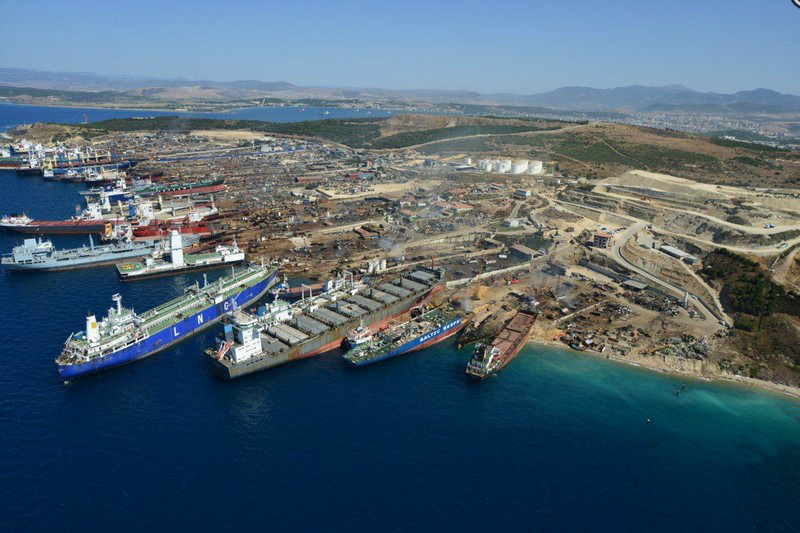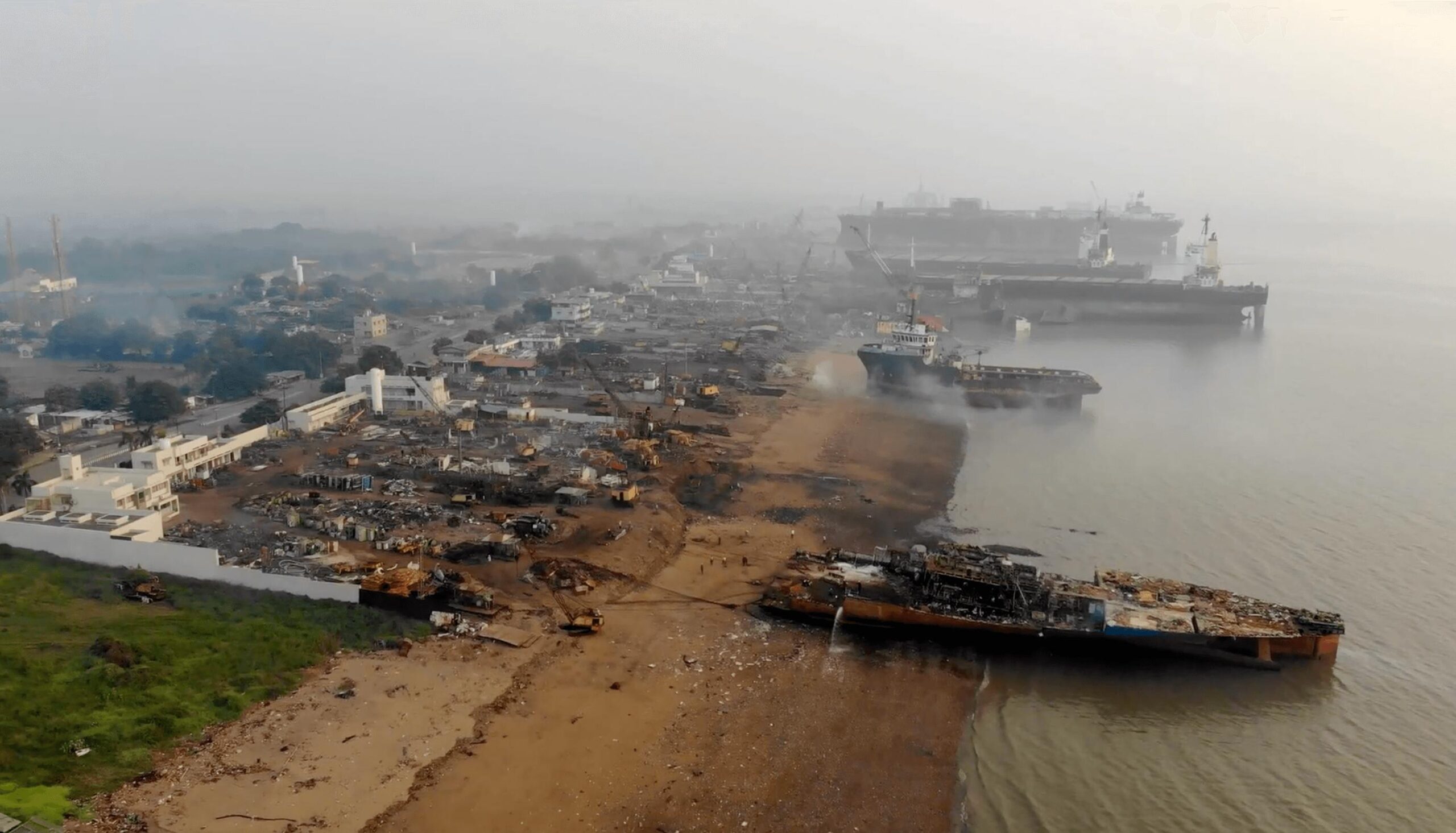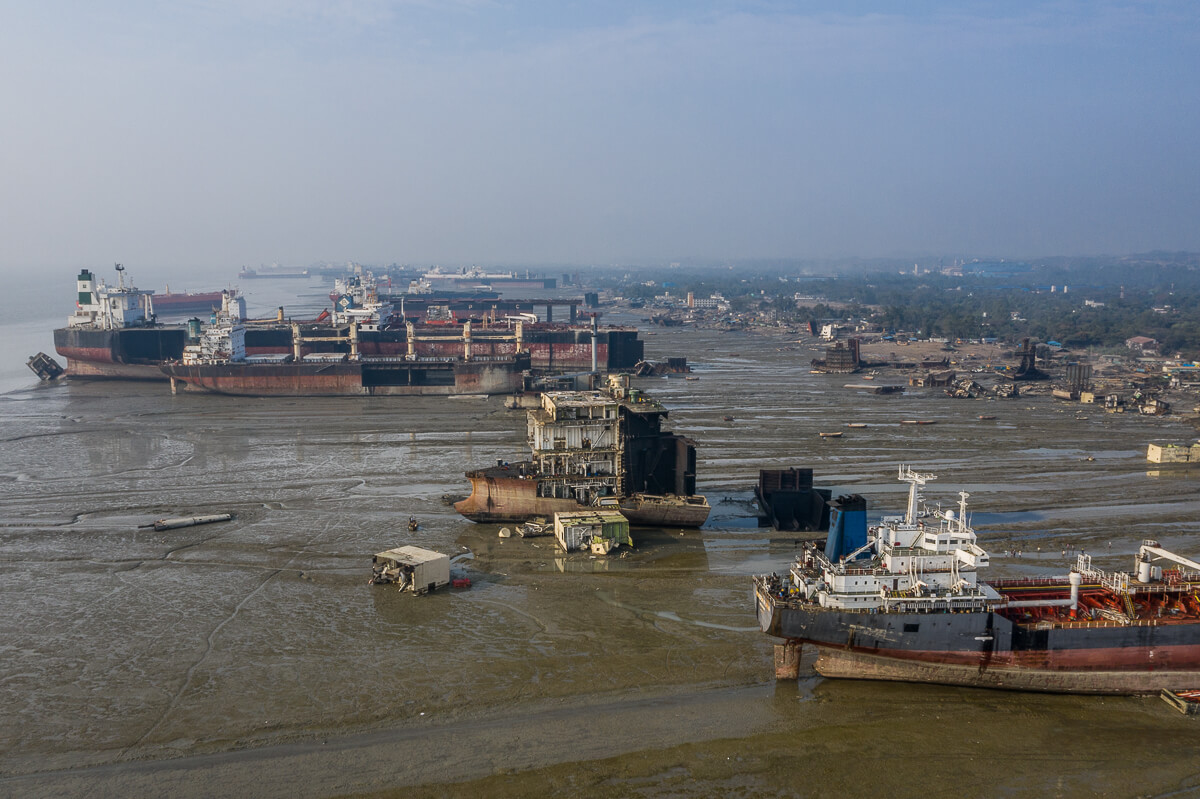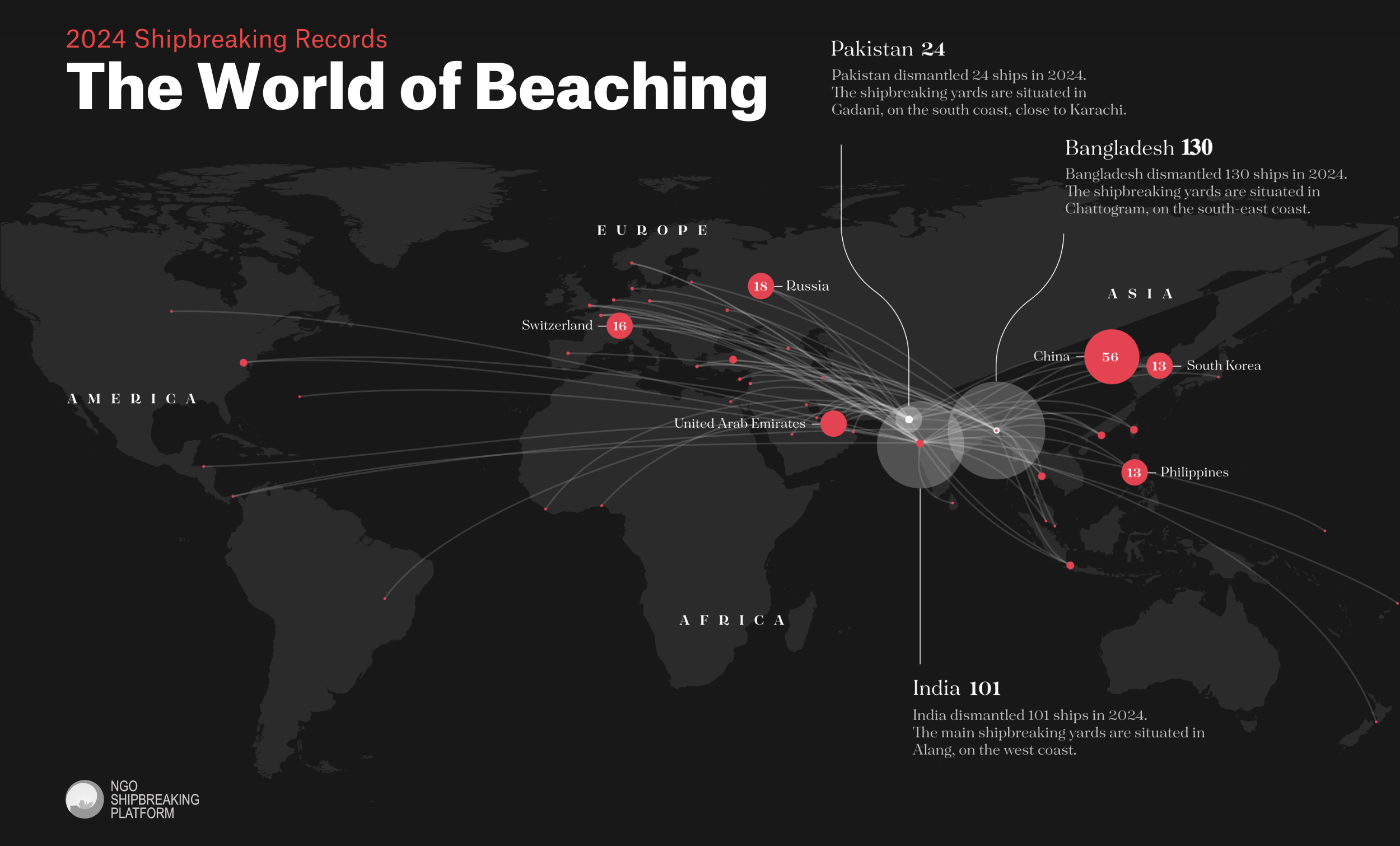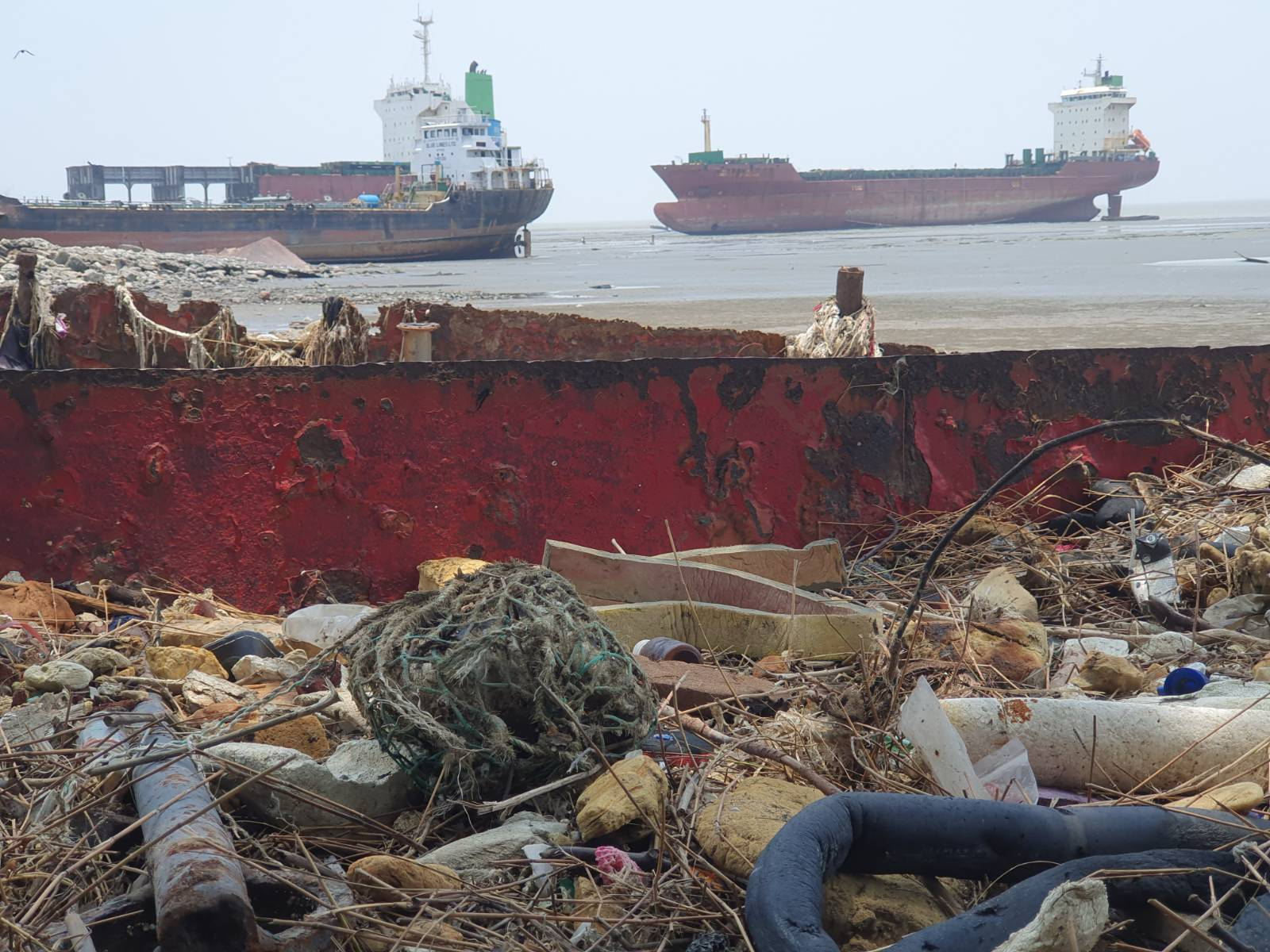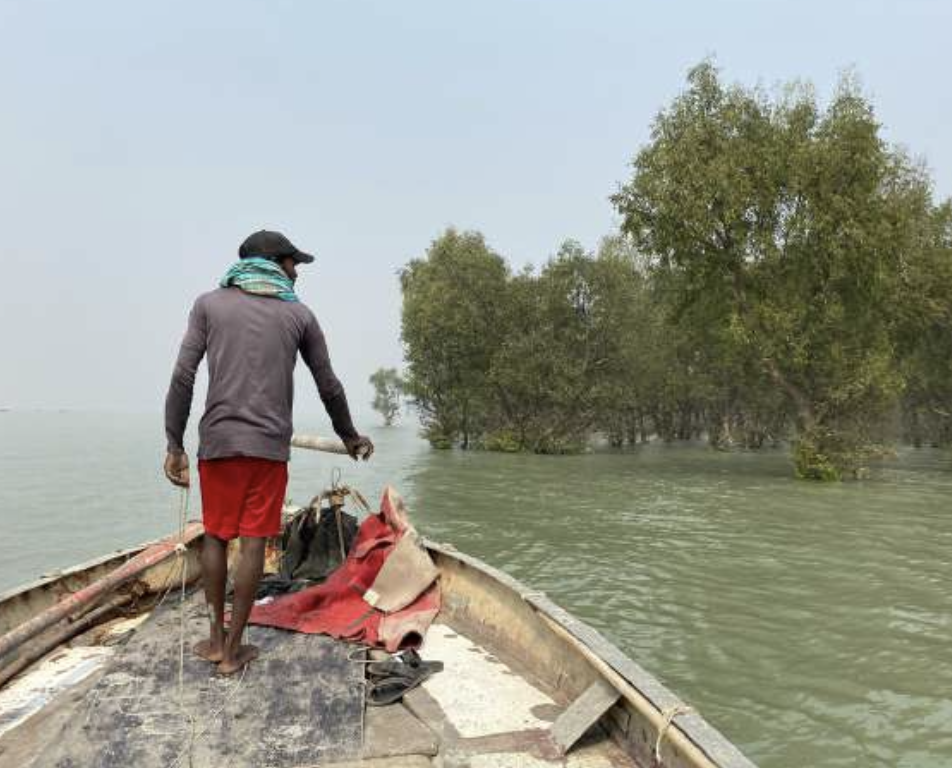Last month, the disputed ownership of Aliağa Ship Recycling Zone reached a critical point. The 20-year rental agreement with TOKİ (Housing Development Administration of Turkey), expiring mid-2026, is sparking debate among public, political, and industry sectors. Ongoing disagreements and failed sales attempts have stalled decisions on the land’s future. On 28 February 2025, it was revealed that Aliağa Municipality acquired the property from a TOKİ-linked subsidiary.
The land was sold for 10.06 billion TL (€ 221.3 million) excluding VAT, with claims surfacing that it will later be resold to ship recycling companies with a 32% profit margin. It was stated that 80% of the acquisition process has been finalised, with full completion expected during summer 2025.
Mayor Serkan Acar clarified that APAŞ, the municipality’s petroleum subsidiary, is a private company, so municipal council votes are irrelevant to the land acquisition. He reiterated the municipality’s aim to regulate the area, suggesting a future where the zone evolves from dismantling to include maintenance and large-scale repair operations. According to the Mayor, “the most important issue—property ownership—has now been resolved. A sale is not currently on the table. Those who have long operated in this area will be prioritised in any future decisions.”
However, the acquisition sparked debate over its opaque process, funding, future land use, and why the land was sold to APAŞ instead of the municipality directly. Critics raised concerns about transparency and lack of public or parliamentary disclosure. Mayor Acar justified the acquisition by stating that when an open tender was previously considered, the facilities had expressed fear of land loss. He shared that the companies themselves requested the Municipality’s intervention to resolve the issue.
Separately, inspections found 15,000 tons of hazardous waste improperly stored or buried in the zone. The municipality vowed strict sanctions, due to health and environmental risks. Mayor Acar acknowledged the findings and that it seemed some of the waste had been intentionally buried. Meanwhile, a group of ship recyclers protested fines, foreclosures, and demolition orders from the Municipality, demanding immediate ownership titles and criticizing APAŞ and Aliağa Municipality for arbitrary treatment. However, reports now suggest the disputes are being resolved, with an agreement reached for transferring the land to the yards.
Yet, despite now owning the land, the Municipality does not have more rights on environmental oversight, and environmental degradation in Aliağa lies in the absence of effective implementations of the regulation and oversight by the Ministry of Environment and Ministry of Transport authorities. The waste dumping could have been detected much earlier had there been proper environmental monitoring. Indeed, problems in Aliağa stem not from infrastructural shortcomings alone, but from inadequate environmental governance, including proper monitoring, regulation, and accountability, regardless of property transfer.

